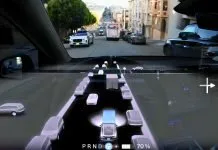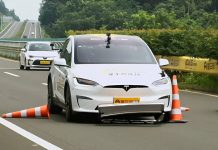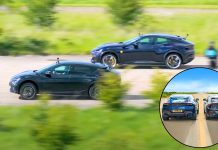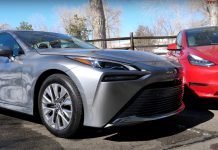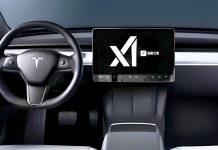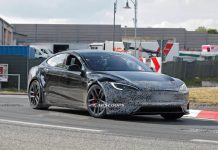A Tesla driver has reported that the current version v13.2.9 of the Full Self-Driving (FSD) has managed to drive safely through a road trip between Tuxedo, New York, and Times Square in Manhattan without once needing to disengage. The succinct was documented through smart glasses made by Meta to provide the audience with a front-row view of one of the harshest territories of autonomous driving technology: New York City.
It’s not the wildest thing, as demonstrated by FSD v13.2.6 running in China without a problem, known for being notorious and difficult to drive on, as the road is more chaotic and many people don’t usually follow traffic rules.
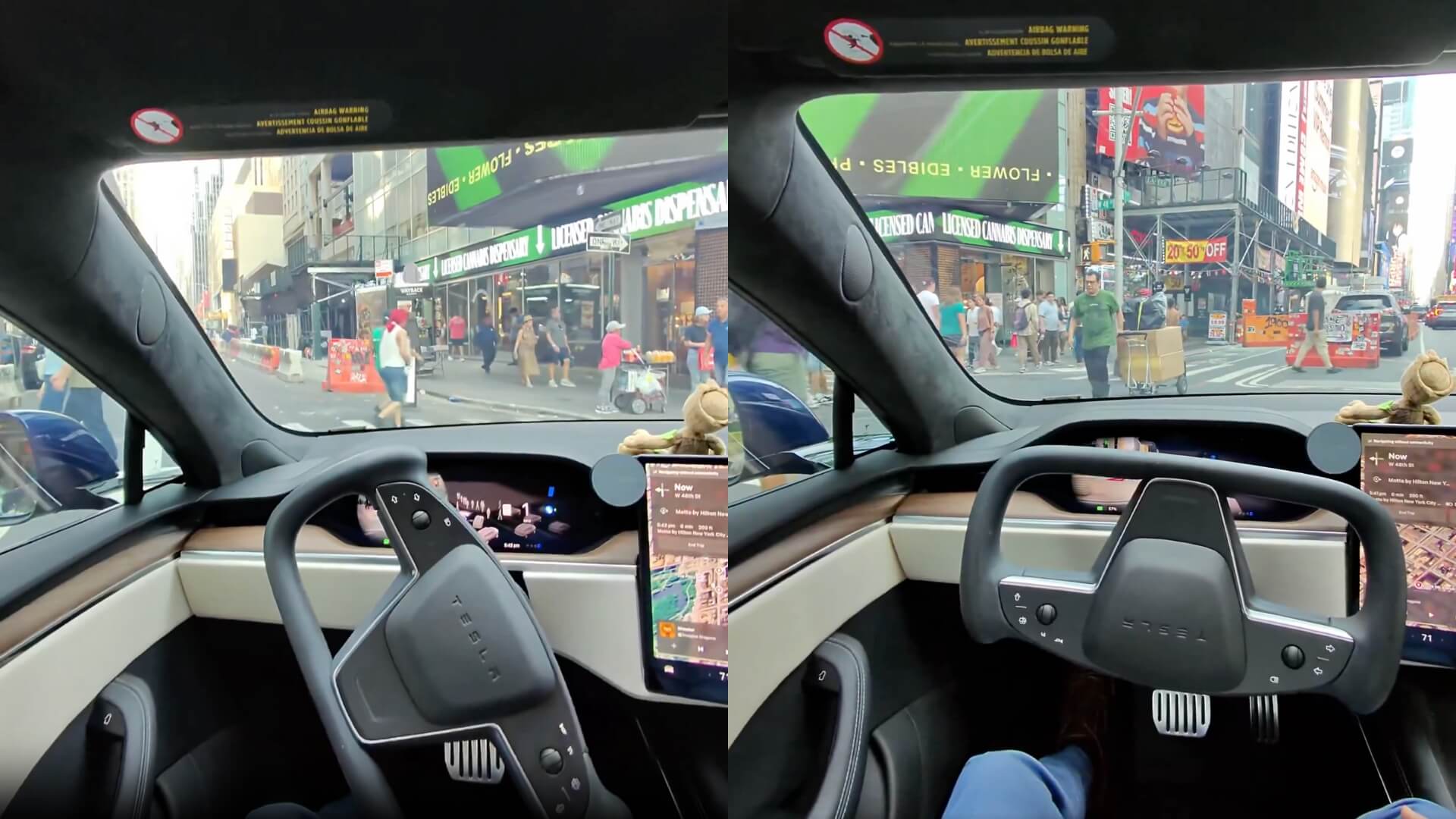
A New Standard of Tesla FSD
The FSD Beta by Tesla has already advanced significantly, and version v13.2.9 appears to raise the bar even higher. The tour was approximately 40 miles long and presented a variety of driving conditions, ranging from rural, twisting suburbia to multi-lane highways, as well as navigating dense traffic through one of the world’s busiest cities.
Meta installed glasses with a camera, which the Tesla owner used on the trip; he called the NYC section next level. Also available on social media, the video demonstrates the car comfortably going through traffic-jammed roads, and inexplicable foot traffic as the car shifts in and out automatically.
🤯 FSD 13.2.9 took me from Tuxedo NY to Times Square with 0 disingagements. Wow NYC is next level lol here is short vid from my Meta glasses pic.twitter.com/2QnPBaN0m6
— Scott Dembraski (@SDembraski) July 24, 2025
What Zero Disengagements implies
In Tesla-speak, a disengagement is when the person piloting the car is required to intervene to take control of the machine. Zero disengagements on a route with such variety and high levels of stress is going a long way indeed, particularly considering the unfavorable traffic conditions in the streets of Manhattan.
What is more impressive about the fact is that the FSD system processed:
- Turning left without protection against heavy traffic
- Unlabeled construction zones
- Rude car drivers and pedestrians in the streets
- Intersections that comprise several lanes and have poor visibility
A Peeking into the Future of Urban Autonomy
Urban setting has been viewed as the supreme test of self-driving vehicles. Cities are like one big puzzle, and depending on human interaction in cities, it is ever-changing, unpredictable, human interaction unpredictable.
The video posted through Meta smart glasses does not simply record the drive of the car. It gives a driver perspective of the Tesla to expect problems: to slow down by own initiative when crossing the crossing, to slink slowly around the blind corner, and to pick up even the pace of New York traffic lights.
Cautious Optimism by the Community
The Tesla community has treated it enthusiastically. Although the single seamless ride is a good indication, it does not mean that FSD is good to go in the equivalent of broad-scale urban deployment. The situation changes day by day, and general keepability among users and scenarios is still a challenge.
Nevertheless, such zero-disengagement drive reflects how quickly the neural net-based approach at Tesla is growing. FSD v13.2.9 was purportedly improved massively in terms of path prediction, vehicle occlusion, and graceful lane positioning, and it was all exhibited in the drive.
The Future Route
Tesla’s CEO, Elon Musk, has already said repeatedly that full autonomy is not a question of when, but when. Although past upgrades of FSD have proven controversial, the new release (version 13.2.9) is causing quite an actual buzz, even among critics, due to its operation in one of the most challenging city driving situations possible.
The software in Tesla cars may finally be able to get there in a very routine way. In short, maybe the future of truly autonomous driving in the city is the reality sooner than anyone originally promised.


